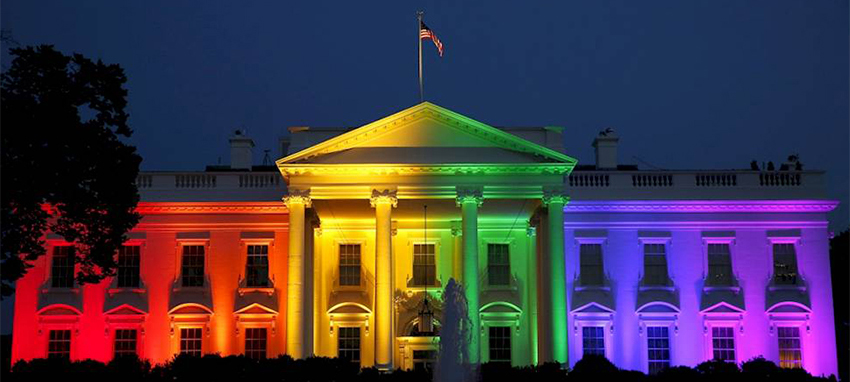Penna Dexter
This month is the third anniversary of the 2015 Supreme Court decision Obergefell vs. Hodges. The decision brought us same-sex marriage across the land because it struck down all state laws that specified that marriage is the union between one man and one woman.
When a court hands down a sweeping ruling that changes something you have known to be true about the world, it’s well worth studying the dissenting opinion. Chief Justice Roberts, for the first time in his tenure, read his from the bench. He said, in part:
“If you are among the many Americans — of whatever sexual orientation — who favor expanding same-sex marriage, by all means celebrate today’s decision. Celebrate the achievement of a desired goal. Celebrate the opportunity for a new expression of commitment to a partner. Celebrate the availability of new benefits. But do not celebrate the Constitution. It had nothing to do with it.”
Some people said the ruling was a bellwether. It showed us where we are as a nation.
It’s true that some states had already opened marriage to same-sex couples. However, most had not. In fact, they’d amended their constitutions to say that marriage is what it has been for millennia.
The Supreme Court ruling changed that, and in doing so, it changed what we can now count on as being true.
I interviewed Justice Glenn Murdock — recently retired from the Alabama Supreme Court. He says that, post-Obergefell, we have entered what is really a “new cosmology.”
The Supreme Court, he says, “has recognized this new individual truth and dignity-based set of rights, not grounded in the integrated biblical paradigm of objective truth and rights understood by our framers.”
The marriage decision did include language about the right to live according to the man-woman definition of marriage. All nine justices affirmed that religious liberty should be protected.
Will it? With this post-Obergefell orthodoxy — we still don’t know.
 Listen Online
Listen Online Watch Online
Watch Online Find a Station in Your Area
Find a Station in Your Area











 Listen Now
Listen Now Watch Online
Watch Online
